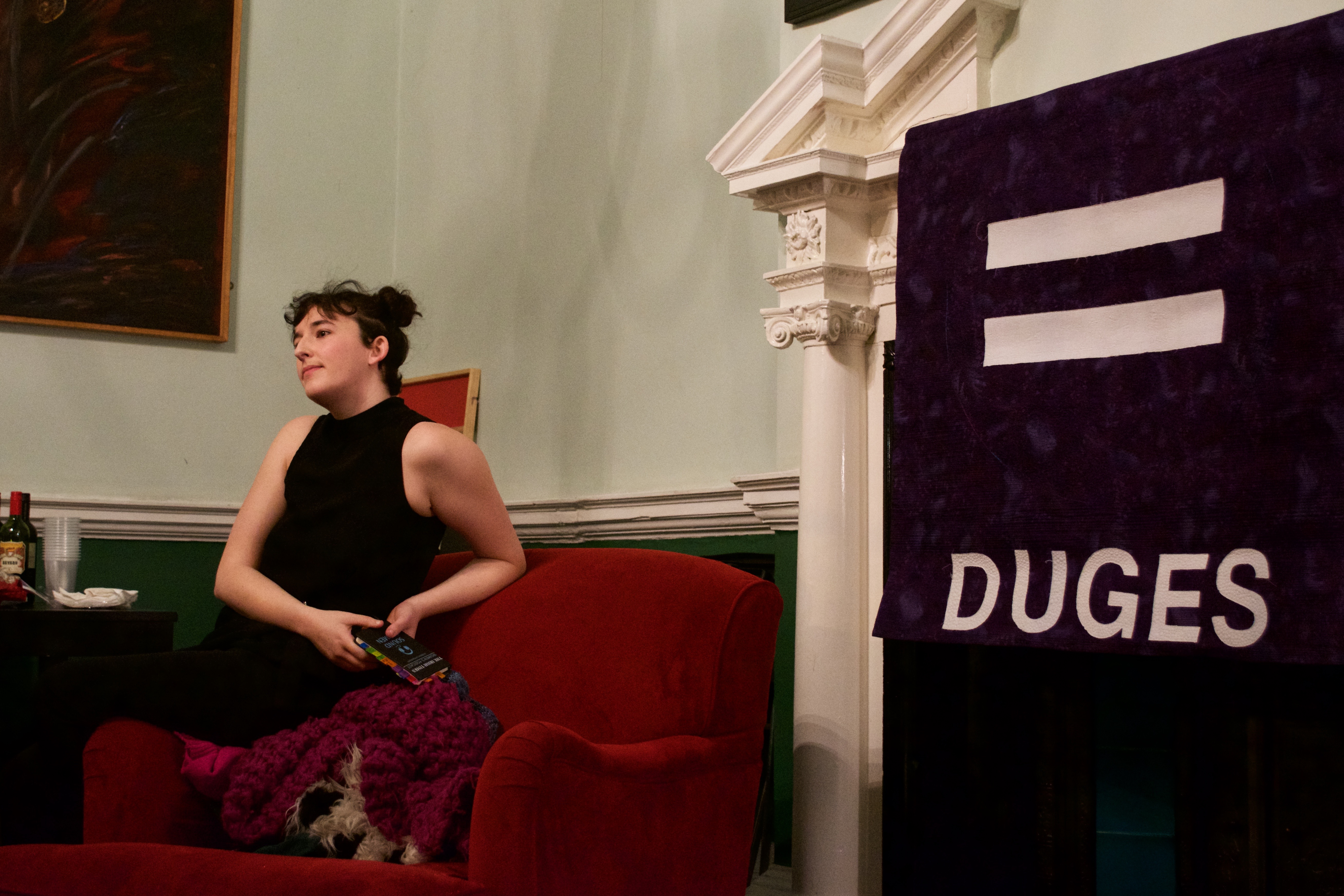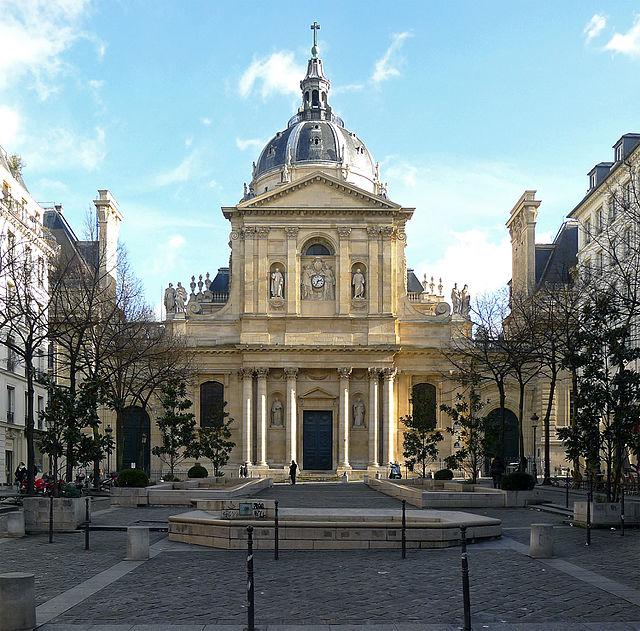
Yesterday evening, Dublin University Gender Equality Society (Duges) presented their Free the Nipple event in the cosy confines of the Graduate Students’ Union (GSU) Common Room. The event was held in association with Trinity College Dublin Students’ Union’s (TCDSU) Body and Soul Week, which aims to foster body positivity. Free the Nipple is a growing movement that promotes gender equality and opposes sexual objectification by campaigning for the desexualisation of female nipple.
Duges welcomed Carina Fitzpatrick and Rebecca Kealy to share their experiences of involvement with the movement. Both women were arrested for going topless at Knockanstockan, a music and arts festival which took place this summer. On July 23rd, Fitzpatrick removed her top as “an act of peaceful protest” after a man made lewd comments to her in relation to her position as a feminist. She was arrested and charged with indecent exposure, and because of this she is charged under the sexual offences act. Fitzpatrick noted the irony of this charge in a country which continually fails victims of sexual assault. Kealy, who removed her top the following day as a gesture of solidarity, was charged with failure to comply with the law. Fitzpatrick highlighted that no Irish law prohibits women from being topless in public and further suggested that the Gardai imposed a subjective morality upon women as topless men face no such stigma.
While Fitzpatrick acknowledges her privilege as a white woman who is not under the threat of police brutality or ostracisation from her family, she wouldn’t dismiss the movement as an example of “white feminism”. She sees all feminist issues as interconnected so that any advancements in one avenue will benefit the movement as a whole rather than taking away from another cause. Furthermore, Fitzpatrick believes the movement is about much more than women’s freedom to show their nipples and, indeed, emphasises that supporters of the movement are under no obligation to go topless themselves. Rather, she sees the campaign as one focused on autonomy and choice. For her, this is “what feminism is all about, expressing our identity in the ways which are right for us”.
Fitzpatrick sees it as an opportunity to “challenge sexual objectification” and “take control of our representation”. She criticised the superficial way her protest and arrest were covered in many media outlets and highlighted the importance of having her chance to express herself in a piece for the Irish Times. She also cautioned against censoring certain images on social media platforms, which she sees as demonstrating the power of the media to dictate levels of acceptability. Fitzpatrick points out that sexually suggestive advertising campaigns featuring women who rigidly adhere to conventional standards of beauty are often allowed pass while more “candid” representations of women presenting themselves naturally are deemed “obscene in some way”. It is important to change our conceptions of women’s bodies as somehow dangerous or indecent, with Fitzpatrick elaborating: “I’m angry that anyone could presume to say that a woman’s body is damaging to the fabric of society [or] damaging to children”.
Fitzpatrick sees this attitude to women as linked with our “antiquated and unhealthy” attitudes towards sex. She called for a complete overhaul in our attitudes so that it is no longer thought of as something shameful.
Kealy, a poet who has performed at Knockanstockan and Electric Picnic, delivered an electrifying and powerful poem based upon her experiences and issues such as disempowerment and sexual violence which she considers directly linked to the objectification of women’s bodies.
The atmosphere in the room was overwhelmingly positive and respectful for this serious and thought-provoking discussion. Audience participation was actively encouraged, and Fitzpatrick directly engaged with the men in the crowd, ensuring that they also got a chance to share their experiences. Fitzpatrick is critical of the infamous “echo chamber” and advocated engaging with people who share different viewpoints in order to open up productive discourse. Kealy agreed, citing her experience with one man who shouted at her while she was performing at Electric Picnic. When she explained that she felt intimidated by his actions he came to see the situation in a way he hadn’t previously considered. The women also underlined the virtues of strong female friendships and indeed the friendship which existed between them was overwhelmingly evident, with Kealy describing Fitzpatrick as a “beacon of light and niceness”.
The discussion ended on a positive note with a call for self-acceptance, self-confidence and continued efforts to fight for change.






